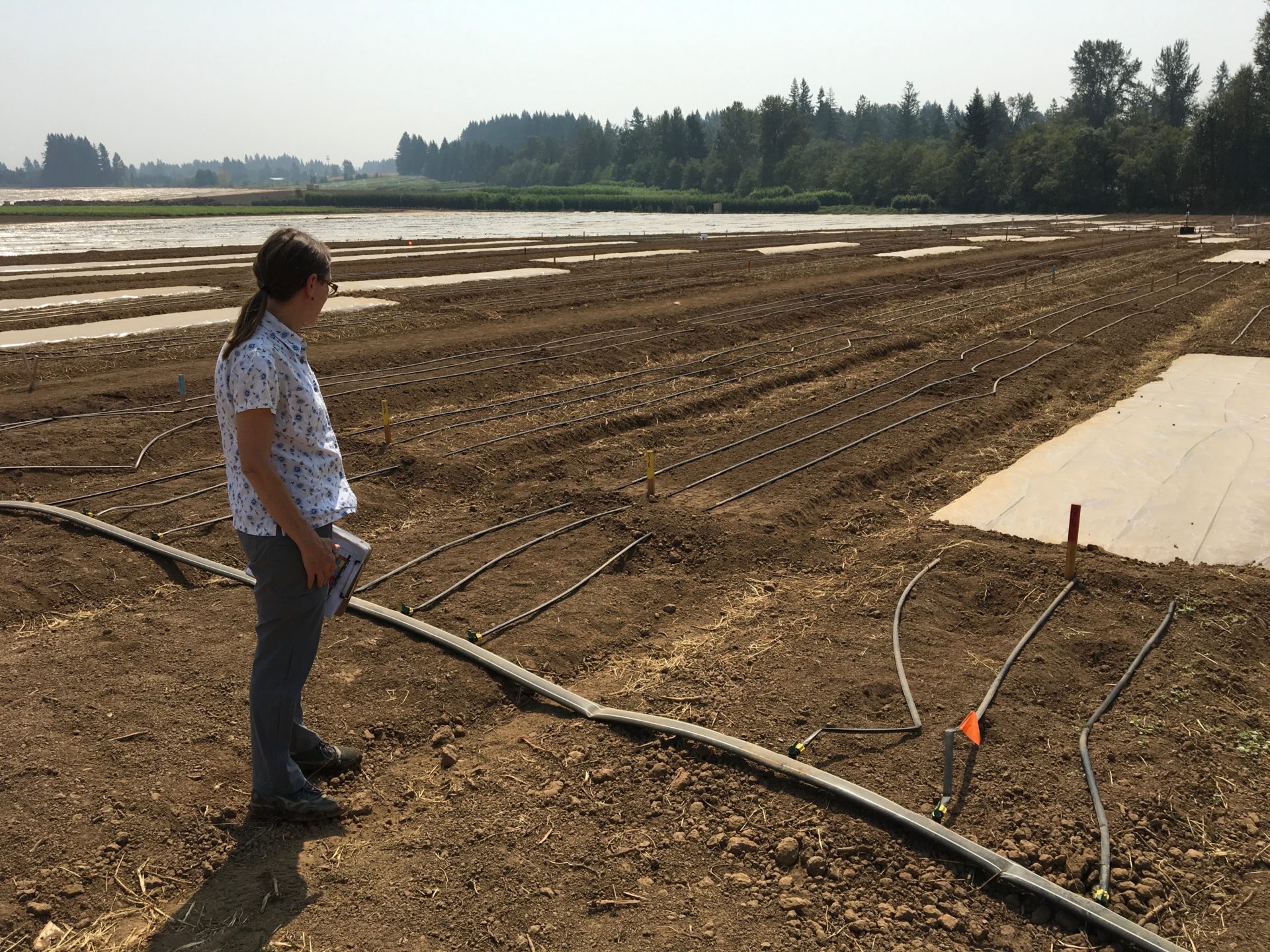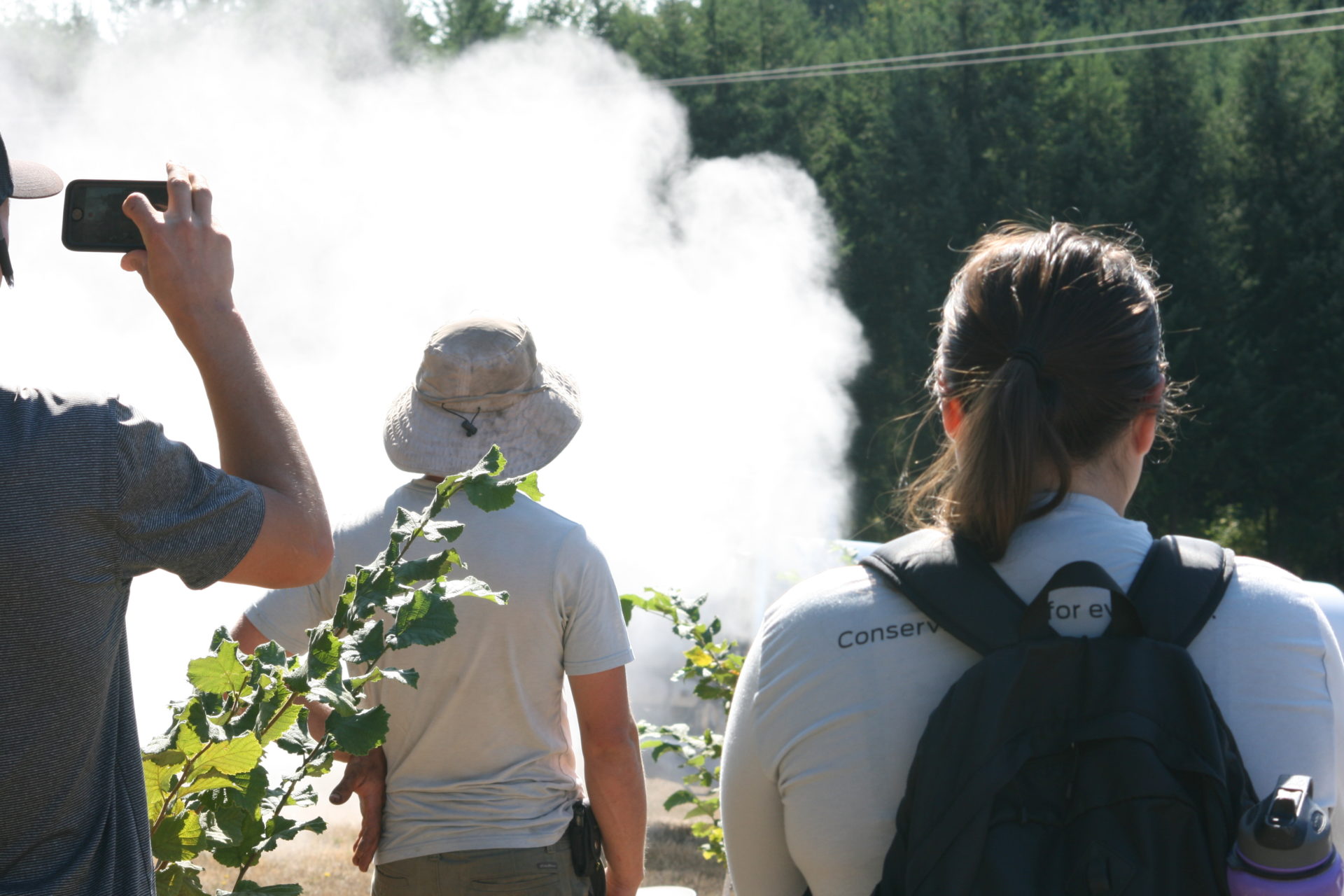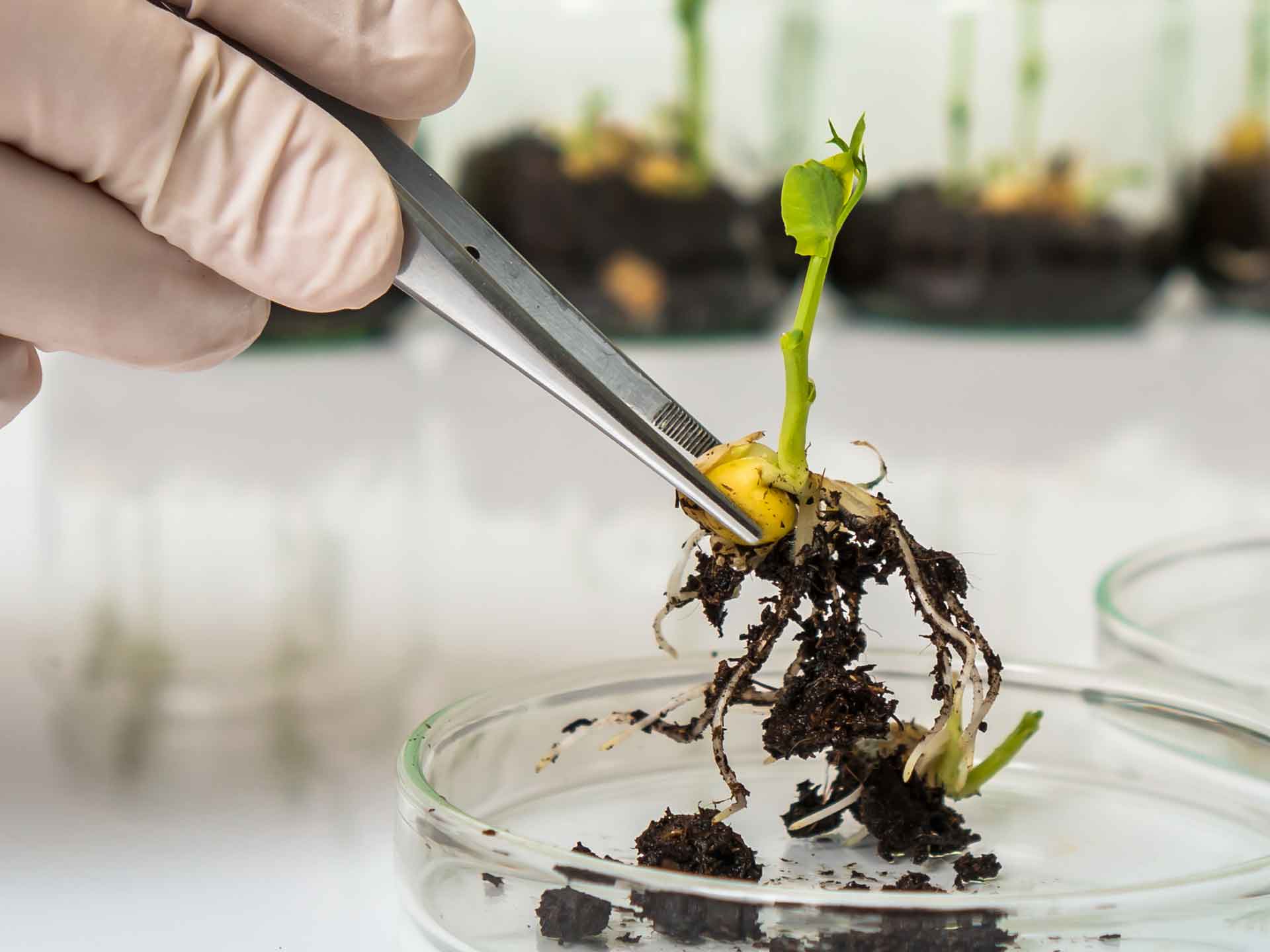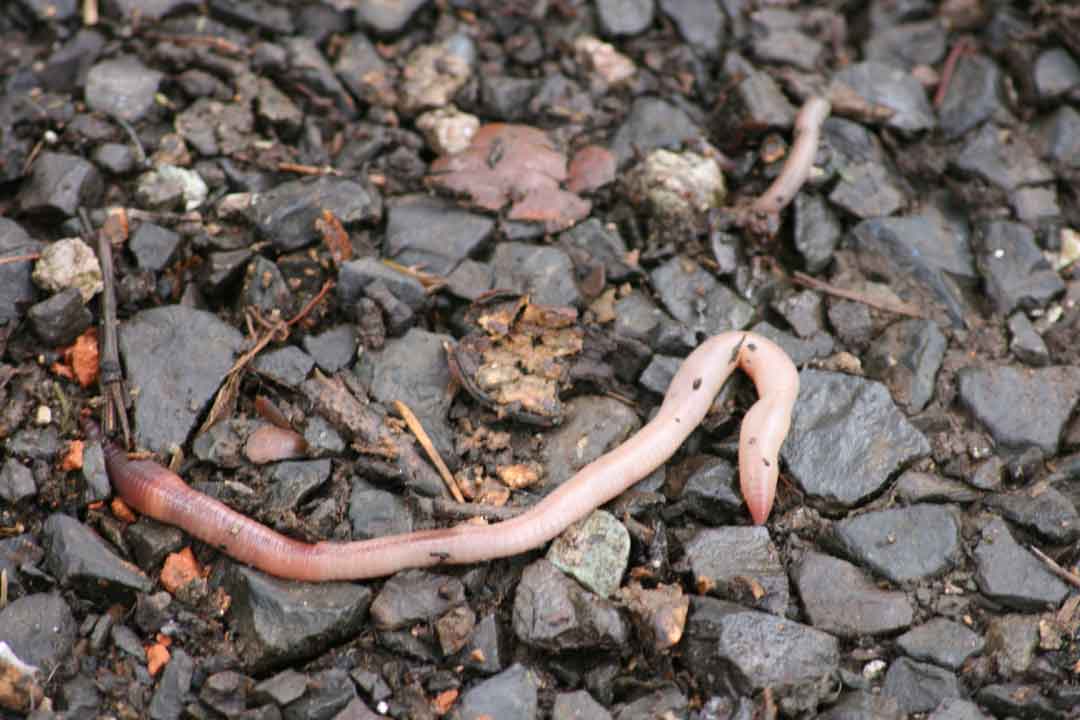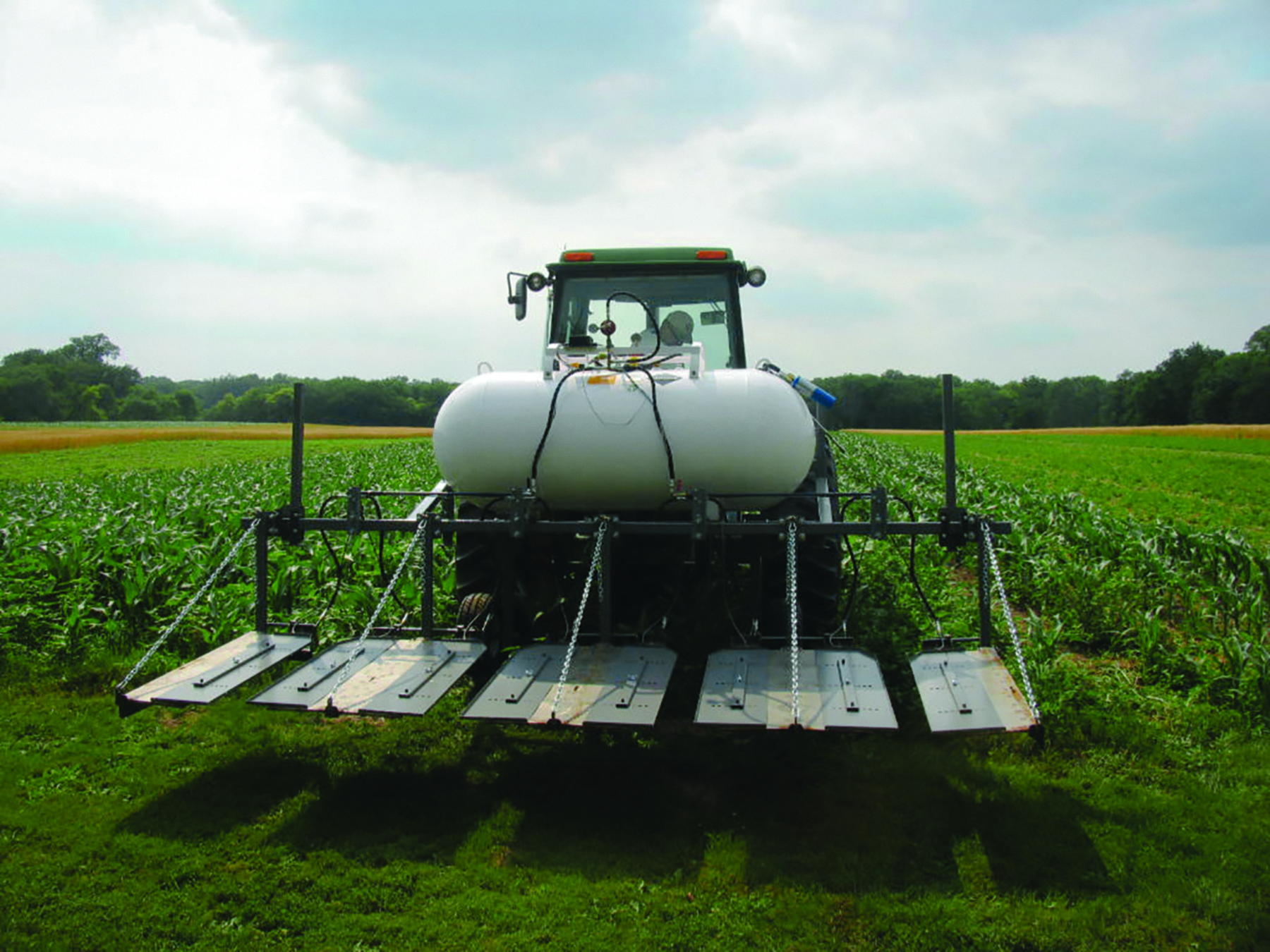
Among both organic and traditional producers, an increasing number of farmers are seeking greener alternatives for weed and pest management. Heat treatment technologies like propane-powered flame weeding systems and Thermaculture provide a unique alternative and solution, offering many benefits over conventional herbicides and mechanical weed removal advantages.
Flame Weeding
Propane flame weeding offers a highly efficient and organic alternative to herbicides or tedious manual labor. According to field studies funded by the Propane Education and Research Council, flame weeding is up to 90% effective against weeds by using intense heat to rupture plant cells, causing the weeds to wither and die. Approved for certified organic farming operations, propane flame weeding also avoids the disruption of essential soil nutrients, which commonly occurs with cultivation and tillage weed control methods.
The flame weeding system is available as a handheld torch or as torches and burners connected to a tool bar with the propane tank mounted onto the back of a tractor. Either way, the process is quick and easy, leading to improved efficiency for farmers.
Additionally, flame weed control is a flexible solution that can be used in a variety of weather conditions. Flame weeding can be used to weed fields early before seedlings have started to come up or late (after harvest) to prepare for the next spring. Farmers know that timeliness is critical for a successful operation and, fortunately, propane systems can help them stay on track, even when field conditions aren’t ideal or during seasons of wet or erratic weather.
In 2010, Certified Organic Farmer Larry Stanislav participated in a research study with farming partner Elizabeth Sarno, who was an extension educator and organic research project coordinator for the University of Nebraska. The Propane Council worked with university researchers to fund a study aimed at increasing the efficiency of propane flame weeding systems in organic cropping systems.
Results from this study showed that a hooded propane system increased heat concentration on weeds while reducing fuel use, which improved the effectiveness and efficiency of propane flame weeding. Study participants reported weed control levels as high as 95%. The research led to the development of a training manual for the practice in corn and soybeans and the commercialization of a four-row banded/full propane flame weed control system marketed under the name Agricultural Flaming Innovations. Since this study, there have been several advancements to the technology, making propane flame weeding systems even more efficient and beneficial than ever before.
For Certified Organic Farmers like Stanislav, flame weeding systems have become an essential tool for weed control. He estimates that for his 50-acre plot of organic corn, it saves him at least 30 hours of labor time compared to traditional weed control techniques.
“Using a propane flame unit to control weeds also eliminates disturbance of the soil,” said Stanislav. “You might spend more on the equipment at the outset, but in the long run, soil health and increased yield are big benefits.”
While propane flame weeding has been around for years, new innovative models make the use of heat treatments for weed removal more effective than ever. Research supported by the Propane Education & Research Council has shown that weed flaming provides approximately 95% effectiveness in weed control for a variety of crops. Propane is a clean, non-toxic, non-poisonous fuel that won’t contaminate nearby crops, soil or groundwater. Plus, it’s an approved clean fuel under the Clean Air Act of 1990 and produces fewer greenhouse gas emissions than other fuels such as diesel and gasoline.
Thermaculture
A new technology that initially delivered dividends in the highly scrutinized world of wine making is now available for a whole new segment of growers that want a sustainable, chemical-free alternative to controlling insect and fungal infestations and weeds. This emerging practice is called Thermaculture, a propane powered heat application pioneered by Agrothermal Systems.
“We thought to ourselves, ‘what if we could give growers heat on demand, which is basically the sun on demand’,” said Drew Sanders, CEO of Agrothermal Systems. “We’ve been finding niche areas where too much heat, too little heat or too much moisture is a problem, and coming in to help growers.”
Thermaculture heat protocols work with Mother Nature to raise the natural defense system of plants, interrupting most insect and fungal development. It also helps fight disease and crop damage by drying out crops after it rains. When applied in vineyards, it’s proven to increase fruit set and yield. The heat raises the plant temperature to the levels needed for optimal fruit set and growth, even in cold, wet weather. Users on average see a 24% increase in fruit set and 20% improvement in yields, according to Agrothermal.
In studies conducted in 2017, Agrothermal Systems saw fungicide use reduced by at least 50% during several wine grape trials. Since then, this heat technology has expanded to show its benefits for general produce and specialty row crops, too. When used for produce and specialty row crops, this method helps to fight disease and crop damage by drying out crops after rainfall.
According to a study by Caltec Ag of Modesto, Calif., Thermaculture heat treatments provided several benefits including cost. The propane used per acre to produce the heat was about six gallons per acre, for a price of roughly $10.
Michael Newland is director of agriculture business development for the Propane Education & Research Council. He can be reached at michael.newland@propane.com.

